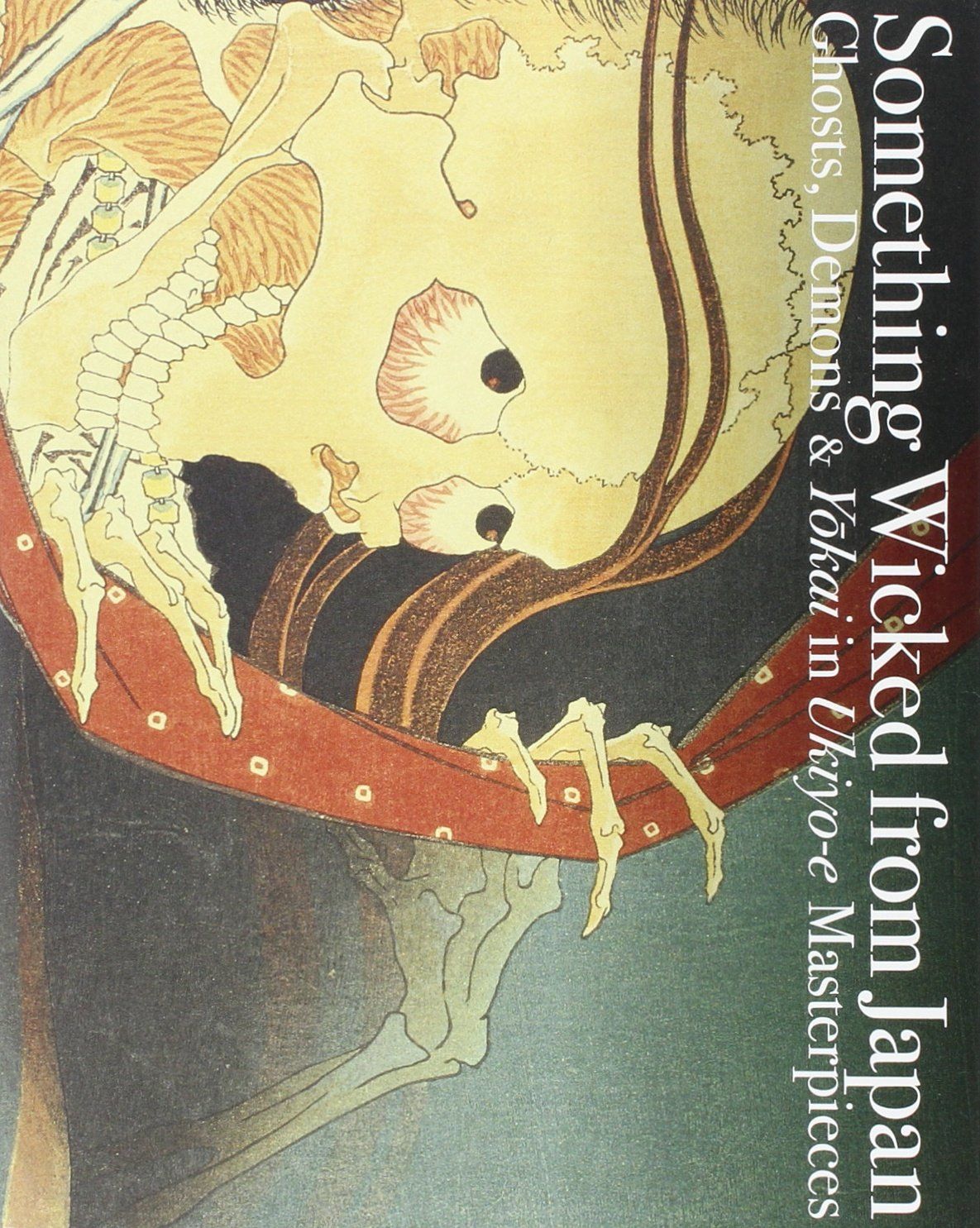U: Ukiyo-e
V: Vulture
W: “Wandering Jew”
X: Xiezhi
Y: Yurei
Z: Zeus
And there you have it. Fairytales, folklore, and myths in comics from A to Z. Villains next? Colors? Jewelry? Hit me up @bookriot on Twitter and let me know what you’d like to see!
Despite their bad earthly reputation, vultures were sacred to Hades because they were able to “consume death and produce life.” It helped keep the balance by scavenging and disposing of dead matter. Considered a descendent of the griffin, the vulture was also an avenger of wronged nature spirits.
Characters who did a Bad Thing and are cursed to live until X condition is fulfilled are present in many mythologies and folklore canons across the world. It’s a great trope to play with and an effective way to teach ethics. Awesome. Great. Let’s do it.
However. The aforementioned incarnation? The “Wandering Jew” specifically? My friends, the term “Wandering Jew” is an ethnic slur.
Does the character have its origins in the Tanach (what Christians call the Old Testament; for us, it’s the only testament)? It does, in the person of Cain who was sentenced to wander the earth after doing the ur murder. He is not called the “Wandering Jew.” Cain predates Judaism. He was just “that guy.”
The idea of the “Wandering Jew” as an individual who insulted Jesus in some way as Jesus approached Golgotha likely has its origins in either Matthew or John (New Testament books. Not part of our thing). Jesus forgave this person, sometimes named as a disciple, and said something to the effect of, “Some who are standing here will not taste death before they see the Son of Man coming into his kingdom.”
Though in some versions of the tale, the character is an exorcist or preacher (which…if he’s preaching Christianity and the return of Jesus, calling him Jewish is its own issue, but we’ll leave that for now), by the Middle Ages the story had become an excuse for the persecution of Jewish people across Europe and the destruction of Jewish communities in Germany, Austria, and other nations in Central Europe. In the 19th and 20th centuries, both it and horrific caricatures of the figure were used as arguments against Jewish emancipation in Prussia, Germany, and France. Arguments later adapted and further propagated by the Nazis.
So. One more time for the friends in the back: eternal character who wanders the earth doing penance for some crime or other. Cool. If that character is referred to as a/the Wandering Jew? Stop. What the hell are you talking about? Do. Not. Pass. Go.
I’m definitely getting the eternal wanderer vibe from Asaf, one half of the duo leading Kousuke Satake’s The Witch and the Beast, a man sent on witch hunting missions with a feral, creature-possessed young woman who has made a career of holding a grudge and gives zero effs about bystanders, no matter how innocent they may be. Asaf wears a coffin strapped to his back wherever he wanders, chain smokes, and manages to maintain preternatural calm even when the world is quite literally burning down around him. No one is that chill, not unless they’ve had a lot of practice. No one’s used the ahem sobriquet yet and I really love this book so fingers crossed I don’t have to throw it out the window of moving vehicle.





